Ubiquinol
Type: Antioxidant
There are two forms of CoQ10: ubiquinone (the oxidised form) and ubiquinol (the active form). The body has to convert ubiquinone into ubiquinol before it can be used, which is a fairly inefficient process, especially as one gets older.
With superior bioavailability compared to ubiquinone, ubiquinol plays an important role in supporting cellular energy production, promoting good heart health, and maintaining healthy cholesterol levels. Ubiquinol is widely known as one of the most powerful antioxidants, defending cells from harmful free radicals and oxidative stress. The ubiquinol form of CoQ10 is the only known fat-soluble antioxidant made naturally in the body, a unique property not shared by the ubiquinone form of CoQ10.
Stay Inspired with Health Trends

8 Tips For Building Mental Resilience In Your Child

7 Amazing Facts About Women

How Burned Out Are You?

Dozing off at Work? 😴
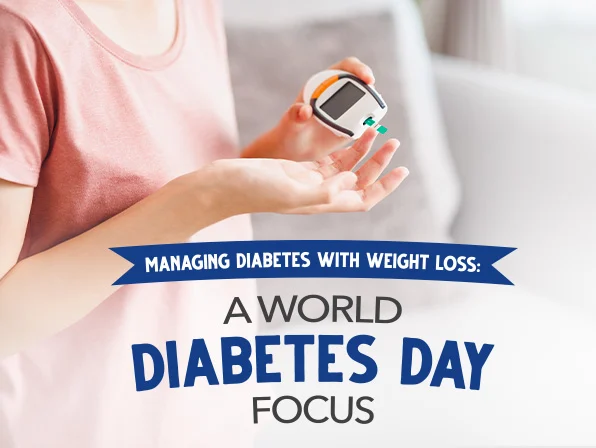
Managing Diabetes with Weight Loss: A World Diabetes Day Focus
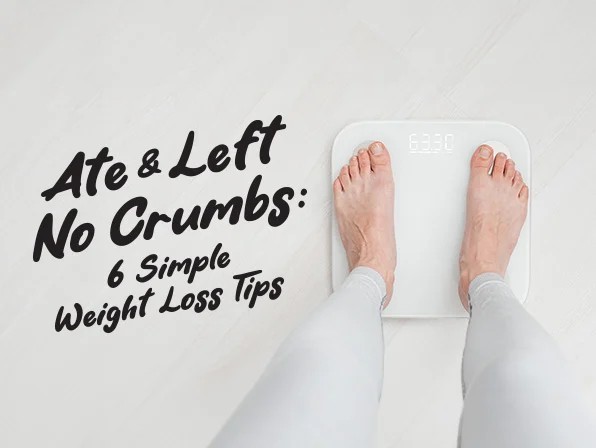
Ate And Left No Crumbs: 6 Simple Weight Loss Tips
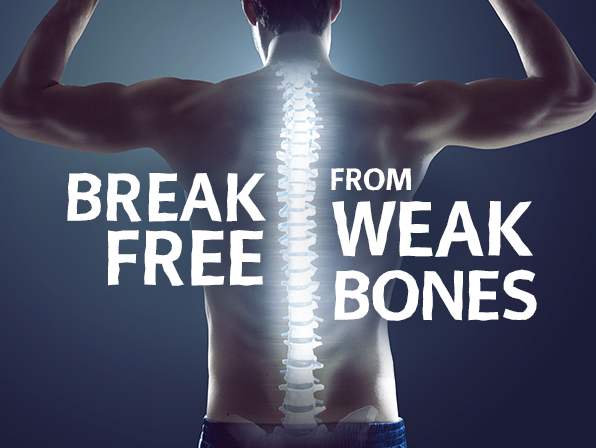
Break Free from Weak Bones

Small Bite, Big Threat: Fight Dengue with Confidence

Count Celebrations, Not Calories This Mid-Autumn Festival!
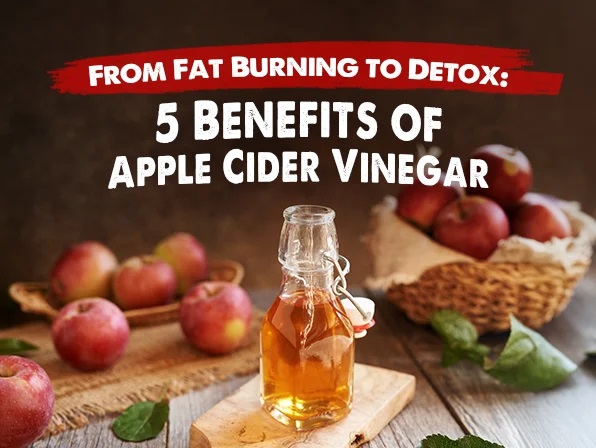
From Fat Burning to Detox: 5 Benefits of Apple Cider Vinegar

Cracking The Food Coma Code

Keep Cool and Carry On!
In Singapore, the National Climate Change study predicts that the daily average temperature may rise to a sweltering 36.7 Degrees Celsius by the end of the century1

Give Your Brain A Good Headstart!
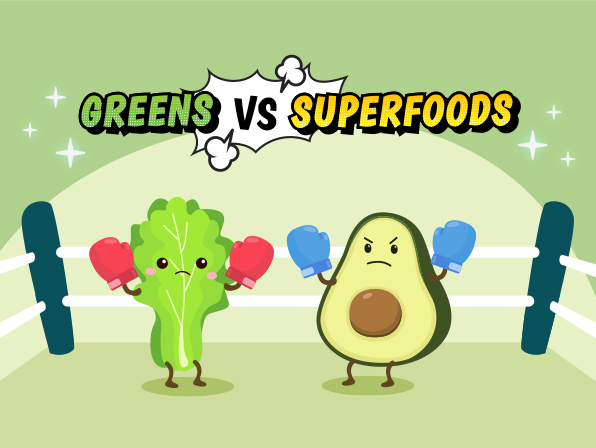
Greens Vs Superfoods
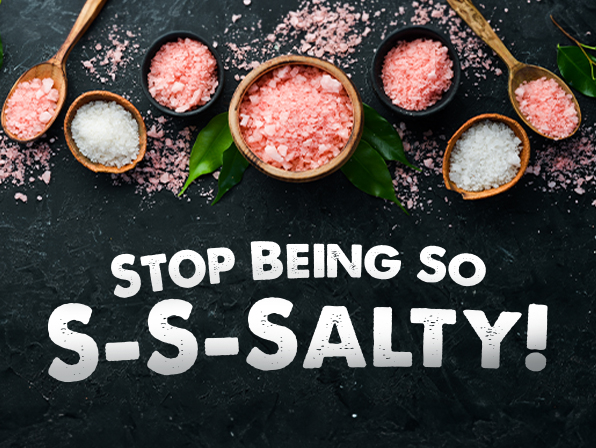
How Much Is Too Much Salt?

Maximise Your Workout

FREE RADICALS – YOUR INVISIBLE ENEMY
